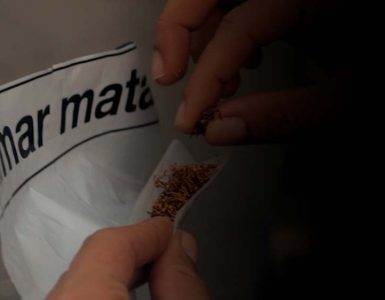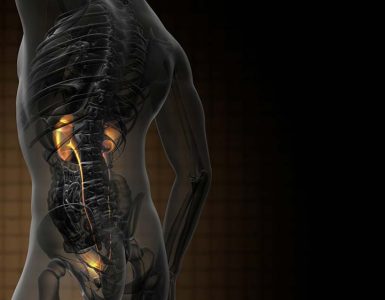Diabetes is considered as a silent killer and is associated with several other diseases. It is reported that oxidative stress can lead towards the development of enduring complications of type II diabetes, including atherosclerosis, nephropathy and retinopathy.
Body produces antioxidants in order to combat with free radicals and ultimately oxidative stress. But, function of these protective substances is restrained by glycation (a process in which the sugar in bloodstream binds with the proteins and form destructive molecules known as Advanced Glycated End-product (AGE).
The level of AGE is more in the serum of diabetic patients1,2. Accordingly, glycation has the ability to change the structure and the function of physiological proteins; hence, hyperglycemia may alter the characteristics of the antioxidants. This situation ultimately amplifies the vulnerability of diabetic patient to vascular damage because of extreme production of free-radical species.

According to epidemiological investigations, fruits and vegetables possess useful defensive effect against cardiovascular diseases as well as cancer. Phenolic compounds are present in these commodities including berries, purple sweet potatoes, red grapes, red cabbages and other pigmented foods, plants as well as vegetables3. Moreover, they also have strong antioxidant potential that is well characterized4.
Accordingly, a new study was carried out to evaluate the protective impact of fresh apple skin extract against glycated protein-iron chelate induced toxicity in human umbilical vein endothelial cells (HUVEC)in vitro5.
During this experiment, HUVEC exhibited a major increase of lipid peroxidation accompanied by reduction of superoxide dismutase, catalase, Glutathione Peroxidase as well as Glutathione Reductase. However, in this case treatment with apple extract by using concentration of 50 mg gave satisfactory results, as it considerably found to reduce level of lipid peroxidation associated with amplification of antioxidant levels5.
Conclusively, according to results, it can be suggested that the apple extract possess some helpful effect to the diabetic patient, as it was found to prevent oxidative damage and stop or slow-down the development of vascular complications as well. However, thorough investigation is required to evaluate the possible defensive effect of the precursors of apple extract by assessing their metabolites.
Key words: Type II diabetes, oxidative stress, free radicals, glycation, hyperglycemia, glycated protein-iron chelate, lipid peroxidation
References:
- Sara, V., F. Peter and F. Hank, 2003. Therapeutic potential of breakers of advanced glycation end product-protein cross links. Arch. Biochem. Biophys., 419: 89-96.
- Thomas, O.M., L.A. Nathan, R.T. Suzanne and W.B. John, 2003. Pyridoxamine, an inhibitor of advanced glycation and lipoxidation reactions: A novel therapy for treatment of diabetic complications. Arch. Biochem. Biophys., 419: 41-49.
- Harborne, J.B., 1988. The Flavonoids: Advances in Research Since 1980. Chapman and Hall, London, New York.
- Hou, D.X., 2003. Potential mechanisms of cancer chemoprevention by anthocyanins. Curr. Mol. Med., 3: 149-159.
- IkuoNishigaki, BalasubramanianRajkapoor, Ramachandran Venugopal, PalaniyandiSenthilnathan, HaoQian Zhang and DhanapalSakthisekaran, 2007. Protective Effect of Fresh Apple Skin Extract on Human Umbilical Vein Endothelial Cells AgainstGlycated Protein-iron Chelate Induced Toxicity. Asian J. Cell Biol., 2: 34-42
















our findings support the results of this study. I would like to make a focus on the impacts of pomegranate fresh juice against diabetes, and recently we reported its efficacy against corona virus